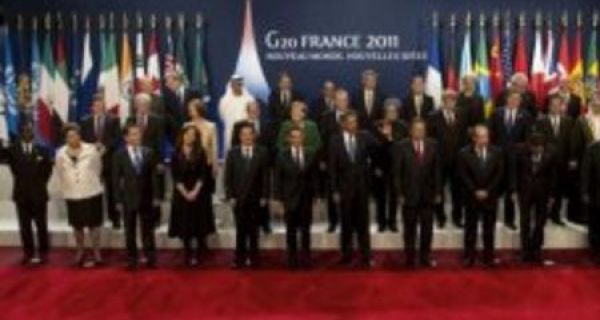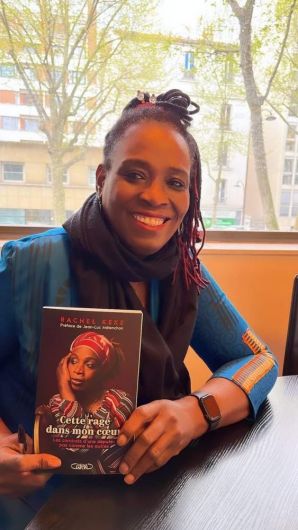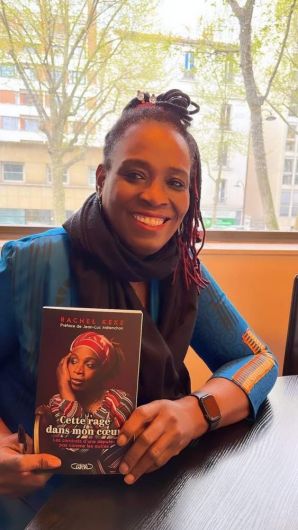"World politics":"Spotlight on the roots of political change in this world of turmoil"!
Le 18 novembre 2011 par IVOIREBUSINESS - Nowadays, the world of nation-states we inhabit today results from changes that have taken place over

Le 18 novembre 2011 par IVOIREBUSINESS - Nowadays, the world of nation-states we inhabit today results from changes that have taken place over
centuries! Some of these changes have been gradual: For example, developments in technology is fundamental to our world today, but they tend to take place regularly and steadily. Political change, however tends to be irregular. Long periods of calm are punctured by intense periods of change, the effects of which are felt for generations. This means, we can not just concentrate on the peaceful periods. To understand the political landscape of today, we must also analyse the political earthquake of today, specially in post colonial african countries, we must analyse the political earthquakes of the past. Basically, political change takes several forms: At the two extremes stand EVOLUTIONARY AND REVOLUTIONARY change! As far as EVOLUTIONARY change is concerned, it's a gradual change, but can, over time, transform the way of government works. Let's take the conspicuous example of "Britain" in Europe ,a political system characterised by EVOLUTIONARY change. In the same trend, the institutions of monarchy, parliament and the cabinet have survived, but their functions and relative importance have altered in response to changing demands. Similarly, the United states of AMERICA retains the institutions set up by constitution adopted in 1789.However, the authors of the american constitution would be astonished at how government activity has developed over the last two hundred years. Generally speaking, any wide-ranging change may be loosely defined as revolutionary. Meanwhile, the impact of revolution is so great that they often transcend national boundaries. Consequently, the regime brought about by a revolution may not last for ever, but the revolution itself is permanent and irreversible. To some extent, it becomes part of the country's political culture and history: Talking of the unprecedented popular revolution in the "Ivory Coast" in 2000, that brought former president "Laurent Gbagbo" to power, it has become gradually part of the ivorian history and legend...Since that particular period "Gbagbo" has been almost immortalised in the "IVORY Coast", as well as in the whole African history.IN addition to that crucial political reality, some african committed leaders such as:"LUMUMBA", "kWAME N'kruma", "SEKOU Toure" took over respectively in "Zaire"(Rdc) , "GHANA", "GUINEA-CONAKRY" in a revolutionary spirit! AS a matter of fact, between the poles of EVOLUTION and REVOLUTION, stands political change brought about by the transfer of power from one set of leaders to another within an existing political, social and economic framework: orderly in a democratic way and irregular transfers of political powers such as military coups! IN conclusion, a single transfer of power, whether orderly or irregular, lacks the transformative drive associated with contemporary revolutions.
(YVES T BOUAZO)













